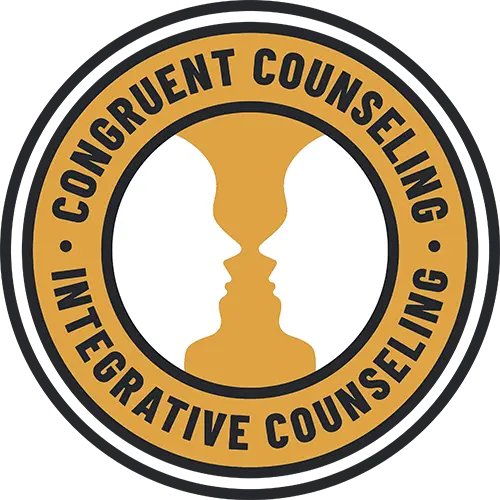Dialectical Behavior Therapy (DBT)
DBT Informed Addictions Treatments
Client Testimonial
Clients attending our DBT Informed Addictions Treatment Program may have an Addictions/Substance Use Disorder (SUD) or a dual diagnosis of SUD and a Mental Health Disorder. They might also be people who have struggled to achieve or maintain sobriety through standard SUD treatment models. We offer DBT informed addictions treatment programs for adolescents, ages 13 to 18, and adults.
About DBT
DBT was originally created by Professor Marsha Linehan at University of Washington in Seattle. It is gaining momentum to treat a wide variety of disorders across the US and internationally. Here is an FAQ page about DBT from the founder of DBT.
Join Our Program
Ready to talk or have questions about our DBT Programs? Contact us so we can help!
Our Program
We are a Dialectical Behavior Therapy (DBT)-informed treatment program offering services for individuals who have not found success in decreasing emotion dysregulation, impulse control, and self-harm behaviors with other modes of treatment. We draw from the work of Dr. Marsha Linehan and Dr. Lane Peterson, and offer the components of a DBT “program”. Many others offer groups that teach DBT skills that are not fully encompassing programs. Much of the learning, practice, and application is lost with just a group or class. We work hard to help our clients incorporate new skills, a new way of living, into their lives. Even individual and family therapy is done differently in a DBT Program.
Each of these components of our program is what makes us stand out from other groups, which may offer only one group a week or just individual therapy. We tailor the program to each client’s needs, hence the four levels of treatment noted below. We are also different because the individual and family therapy portion of the program can be covered in-network with most commercial insurance companies. No other program in the area offers this.
The features important to making change, learning, and using DBT include:
- DBT skills classes twice a week
- Individual therapy with a DBT-informed clinician once to twice a week
- A parent or spouse/significant other group once a week where the parents/SO learn the skills that the clients are taught
- Access to the 24-hour, seven-days-a-week on-call phone
- Case management/Wrap around services
- Weekly staff clinical supervision and consultation meetings – we constantly re direct treatment based on what our clients need
- Homework given to each client to reinforce the skills taught in groups and in individual therapy
- Most insurances accepted for a portion of the program
Why add DBT to addictions treatment?
Unfortunately, many people seeking treatment for addictions relapse and need to attend multiple treatments or struggle to find a sober life style that works for them long term. In many cases, this is because underlying mental health issues have not been addressed in standard addiction treatment. In other cases, people (recovering addicts) are unable to “control” thoughts and impulses that lead to relapse. DBT was designed to help people with persistent difficulty with negative, unhealthy thinking and behavior learn to recognize, change, and control that thinking and behavior. Using four modules; Mindfulness, Interpersonal Effectiveness, Distress Tolerance, and Emotional Regulation, clients are able to learn new ways of dealing with triggers and ineffective life styles to make the changes for long-term recovery. These combined programs can include up to 14 hours of treatment and groups a week.
Four Levels of Care
Level I-Intensive/ Comprehensive
Individuals who have difficulties between sessions and difficulty resolving issues or calming down on their own.
Level II-Moderate
You can manage in between sessions and are making good use of individual treatment and skills classes. This level of care is less intense with only once a week individual or family treatment.
Level III-Classes only
For most clients this will mean that their individual/family treatment is being handled outside of the DBT team, however, they want to continue to attend or need skills classes. This level gets access to all the classes and once-a-month coordination with DBT Team member. This does not include on-call or in between crisis management.
Level IV-Individual sessions only
This level is there for those clients who no longer need skills classes or who choose to work the skills independently. This level is available to those people who want to continue to receive DBT therapy by a team member and who no longer have any of the high-risk behaviors that would require more intense treatment. this level includes phone coaching, case management with other providers, and clinician consultation with our Full DBT Team to ensure clients are getting the best care possible from a team approach. Individual Sessions are still billed to your insurance.
